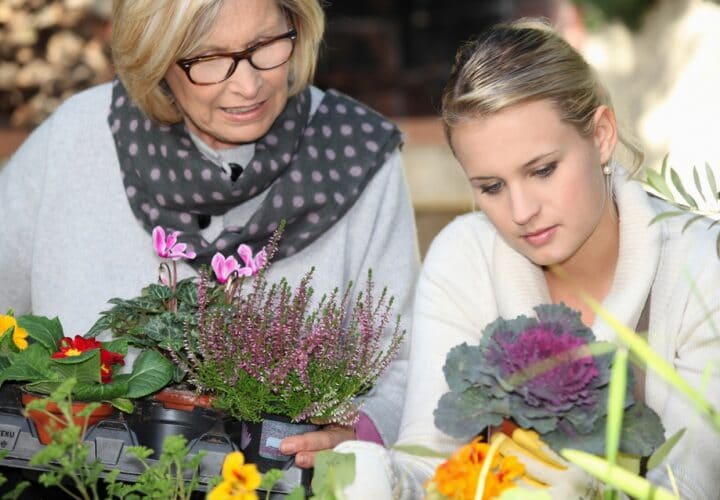Long-distance caregiving requires more than weekly phone calls and occasional visits. If you want to make an impact as a long-distance caregiver, you need to lay the groundwork for effective, informed caregiving. Here are the first steps to take when becoming a long-distance senior caregiver.
Gather Healthcare Information
You can’t protect your aging parents’ health if you don’t understand their medical history. Compile a document that includes a list of your parents’ current and past health conditions, medications, and allergies, a contact list for their medical providers, and details regarding their insurance coverage. Better Health While Aging lists additional documents to include and explains how to compile it into a personal health record.
Collecting this information doesn’t only help you as a caregiver; it also helps the patient’s doctors provide the best care. When doctors don’t have the full picture of a patient’s health, they might overlook symptoms or prescribe medications that interact with other drugs a patient is taking. Compiling a health record that your parents can bring to medical appointments ensures their health care providers are always informed.
Read Up on Medicare
If you’re under 65, you probably have a general idea of how Medicare works. But you might not understand that there are different types of Medicare coverage and that the services and drugs covered under various Medicare plans can change from year to year.
As a caregiver, it’s important for you to stay up-to-date regarding changes to Medicare. If you don’t, your parents could lose coverage for a drug or service they need to stay healthy and end up paying out-of-pocket for essential health care needs. Do your research and remember to check for changes before mid-October each year when the Annual Election Period opens.
Hire a Local Care Team
As a long-distance caregiver, you rely on local carers to give your aging parents the hands-on assistance they need. But if you leave it up to your parents to hire caregiving staff, they could get abused or taken advantage of by an unscrupulous individual. Or, driven by a desire to remain independent, your parents could refuse to hire help completely.
Hiring help for your parents ensures their pride doesn’t get in the way of their safety. It also allows you to screen workers with background checks and interviews to find trustworthy care staff. In addition to professional caregivers, consider paying for your parents to get an extra hand with routine chores. Services like housekeeping, grocery delivery, and landscaping (the national average cost for lawn services is $136 per session) are affordable and make senior parents’ lives much easier.
Establish Communication Channels
Regular communication allows long-distance caregivers to keep tabs on their senior parents’ well-being. However, if your seniors parents only have a landline phone, you could find yourself playing phone tag more often than not.
Many older adults are hesitant to adopt new technologies, but convincing your parents to use a mobile phone is worth the effort. Mobile phones not only allow you to get in touch no matter where your parent is, they also have video chat capabilities. With video chat, you can visually assess your parents’ well-being rather than relying on voice alone. There are even smartphones available for under $200.
If you’re concerned your parents will be overwhelmed by a traditional smartphone, purchase a device intended for seniors. Devices like the Jitterbug Smart phone or GrandPad tablet are designed to be easy for seniors to use so your parents’ new tech has less of a learning curve.
Long-distance caregiving isn’t something you can jump into with your eyes shut. It requires careful planning and information gathering to be an effective family caregiver. With these four steps, you’ll build a strong foundation that enables you to provide the quality care your parents deserve.



